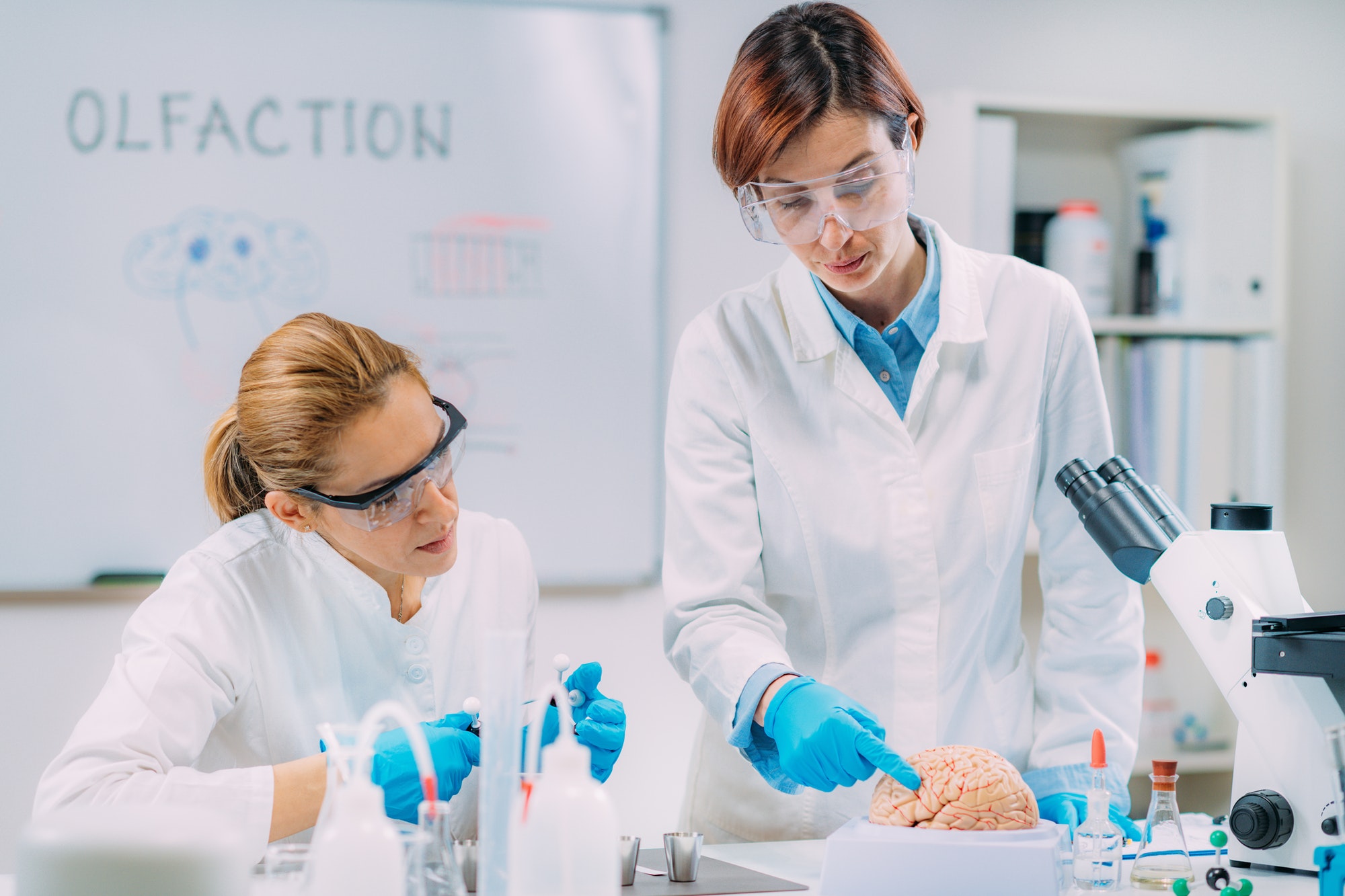admin
March 13, 2024
Medical tests are a vital tool for understanding and monitoring human health. They play a crucial role in diagnosing diseases, assessing general health status, and guiding proper medical interventions. In this article, we will discuss the importance of medical tests for human health and their role in prevention, diagnosis, and treatment.

Medical tests help in early detection of diseases and invisible health conditions. Through regular screenings such as blood tests, urine tests, and diabetes screenings, small changes in the body can be identified before they become significant problems. For example, cholesterol tests can warn individuals about the risk of developing heart and vascular diseases, which may be preventable if intervened early.
Medical tests aid in assessing both individual and community health. Data derived from comprehensive medical examinations can be used to analyze the spread of diseases and factors influencing health in a particular community. This can help in guiding health policies and distributing resources more effectively to improve everyone’s health.
After starting treatment, medical tests can be used to monitor an individual’s response to the treatment and adjust dosages if necessary. For example, in cases of diabetes, blood sugar tests are used to monitor the effectiveness and adjust the treatment, reducing disease complications.
Genetic tests can also be used to determine the risk of inherited diseases. This can allow individuals to take early preventive measures to reduce the risk of disease or plan for effective treatment if available.


In summary, the importance of medical tests for human health cannot be overstated. They play a crucial role in early diagnosis, disease prevention, treatment monitoring, and improving the quality of life. Therefore, individuals should prioritize regular screenings and consult with their healthcare provider to discuss appropriate tests and timing based on individual risk factors and medical history.
